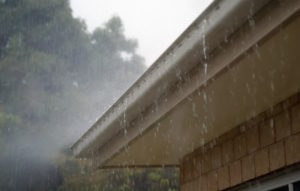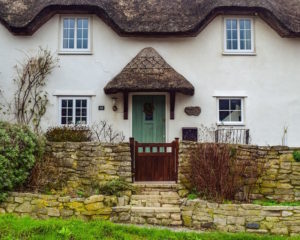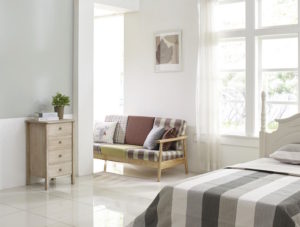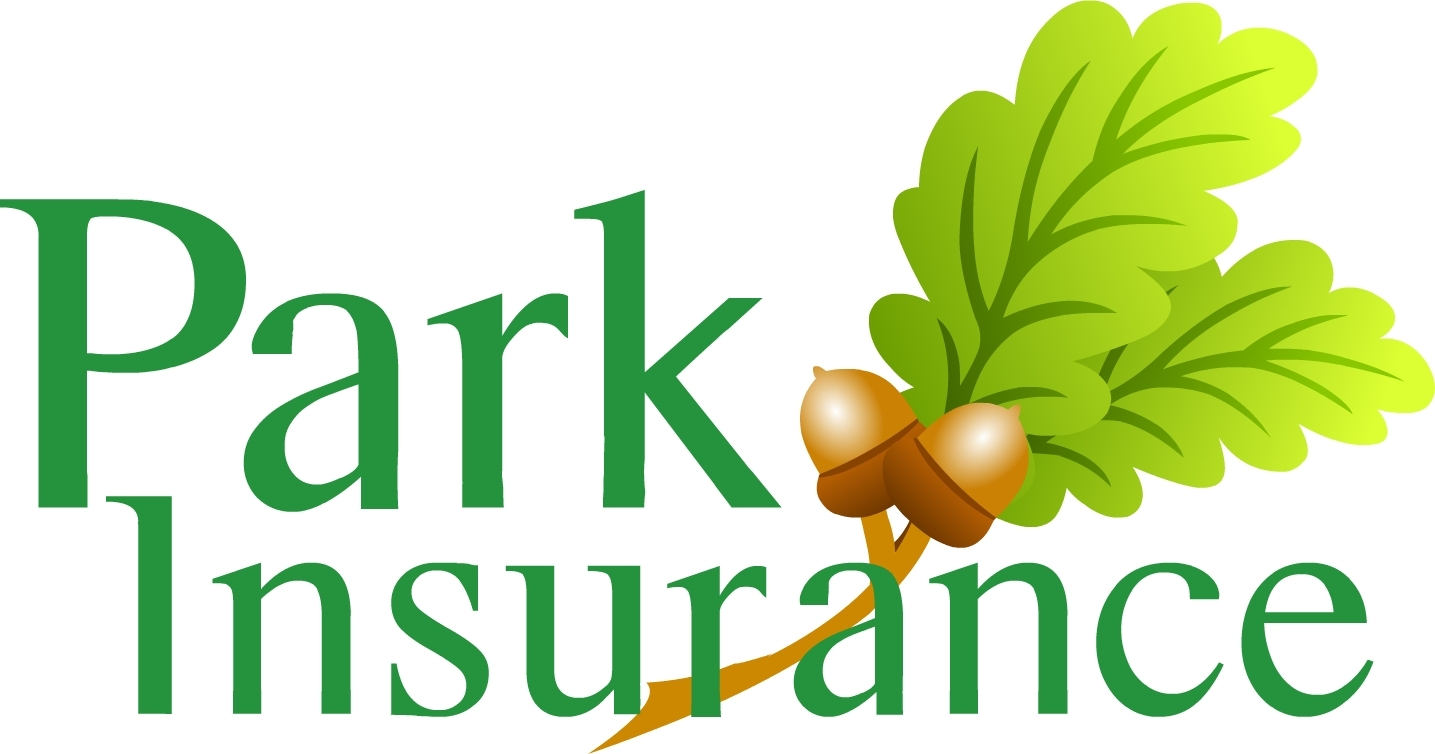VIEW OUR COMMERCIAL
As seen on TV

CHOOSE THE EASY OPTION FOR YOUR INSURANCE, WE’LL GET YOU A QUOTE IN NO TIME AT ALL.
Posts for:
If you rent out a holiday home or Airbnb a room in your home, the right insurance can help you increase your return. Firstly, standard home insurance is not suitable, so you need to look for a specific policy that covers holiday lets. As with all types of insurance, there are lots of options out there and not every policy will suit everyone. To make it Easy2 decide what you need, here’s an outline of the different types of cover most holiday let owners need to consider.
Buildings insurance
Buildings insurance covers the structure of your holiday home against damage, for example as a result of a fire or flood. If you own the property with a mortgage, buildings insurance is likely to be a condition of the loan.
Contents insurance
If you rent the property fully-furnished, contents insurance covers the cost of replacing the contents if they are damaged or stolen.
Think about:
- There’s an option to extend contents cover to include accidental damage caused by you or your guests. If you allow pets to stay in the property, it’s worth checking your insurance covers accidental damage by pets too.
- Double-check your holiday let insurance covers theft by guests.
To calculate the amount of cover you’ll need, list everything that you’d need to replace in a worst-case scenario, for example, if there was a fire. Don’t forget things like beds and bedding as well as obvious things like the TV. You can’t rent out your holiday home without these items, and if the worst does happen and you don’t have the right level of cover, it could delay how quickly you can get it ready to rent out and earning you an income.
Emergency cover
How many times have you been contacted by a guest to say the washing machine isn’t working or the electrics have blown? If you live close to your holiday let and are good at fixing things you may be able to sort it out yourself quickly. But if you don’t, taking out emergency cover insurance gives you peace of mind. You or your guests will have 24-hour access to trusted workmen who will come and fix the problem with no fuss and no extra cost. With things like water leaks, this can also help to minimise any damage that is caused, lowering your bills in the long-term.
Public liability insurance
No matter how careful you are, accidents can happen and that could lead to legal action. For example, a guest could trip over a loose paving slab at your holiday let and hurt their ankle. No-win, no-fee legal support makes it easy for a guest or visitor in your property to bring a legal case against you for financial compensation. Even if you are not found to be negligent, it can be costly to defend your case. Public liability insurance for holiday lets can be considered essential for your peace of mind. It covers the cost of your legal fees and any compensation that is awarded. It also gives you access to a legal team that will take control of the case, so you’ll have one less thing to worry about.
It’s also worth checking that your public liability insurance covers you for damage occurring to a neighbouring property because of a problem with your property. For example, if a guest floods the bathroom and it causes damage to the apartment below.
Loss of earnings insurance
Do you rely on your income from your holiday let to pay the mortgage? If something happens and you can’t rent the property, can you cope financially? If not, loss of earnings insurance could be worth considering. This will pay out a sum of money if it’s not possible to rent your holiday home, due to circumstances beyond your control.
You might also want to consider including an alternative accommodation option. That means if you have to cancel someone’s holiday, or they have to move out mid-stay, the cost of offering them alternative accommodation is covered.
Emergency travel expenses
If your holiday home is abroad, it can be expensive to travel at short notice if there’s an emergency. Ask your insurance broker about adding on emergency travel expenses cover. This can give you peace of mind there will be no expensive extra bills to worry about.
How to reduce your holiday let insurance premiums
Don’t be tempted to skimp on insurance. Instead, use these tricks to get the best price on your premium:
- First, increase your excess.
- Next, increase security. Staying claim free is one of the best ways to keep future premiums down. Increasing the security around your holiday home is one way to deter thieves. Always let your broker know if you have CCTV or smart devices connected that can detect a water leak. This active approach to keeping the property safe can help them to negotiate the best price on your behalf.
- Thirdly, carry out regular maintenance at the property. Keeping your holiday home in good condition is another way to help to reduce the risk of making a claim. If it’s going to be left empty, make sure you take steps to prevent burst pipes. Keep gutters clear and replace any damaged roof tiles.
- Finally, shop around. If you want to be sure you’re getting a good deal you need to shop around. You can either contact the insurance companies yourself or use an insurance broker to do this for you.
Top tip: An independent insurance broker like Easy2Insure is not tied to any insurance company. They’re free to scour the market for the best price on your behalf. Easy2Insure is part of the respected Park Insurance Group, one of the largest independent brokers in the UK. With significant buying power and established expertise, you can benefit from their knowledge and negotiating clout. For a free quote call, 0800 917 9522 or get a quote.
Finally, for more ideas on getting the best ROI on your holiday home, check out our 8 tips for decorating your holiday home blog.
The holiday home market is a competitive one. Your approach to your holiday home decoration can make it stand out from the others on the lettings page. And that can mean a boost in bookings and income. To help you, here are our top eight tips for decorating your holiday home to maximise occupancy and increase your rental price potential.
1) Who are your target customers?
The first thing to do is to think about who your core target market is. For example, if you’ve got a holiday cottage that is a stone’s throw from the coast path you’re likely to appeal to people who enjoy walking. If you’ve got a sandy beach down the road, then maybe you want to attract the bucket and spade brigade. And if it’s a remote, thatched cottage, then you may decide that you want to target couples. Once you’ve determined who your key audience (or audiences) is, then it is time to think about what style and services will appeal to them most. For example:
- A roll top bath or wooden hot-tub will appeal to couples looking for a romantic break.
- Emphasise your property’s seaside location by decorating in hues of blue.
2) Aim to over-deliver to impress your guests
Time is precious. And your potential guests want to enjoy every precious moment of their holiday. The majority will want to stay somewhere as nice or nicer than their own home. And expectations of what a holiday home should be like are getting higher and higher. Always aim to give your guests a pleasant surprise and exceed their expectations. To do that, you’ll need to create a consistent and stylish interior. That means furnishing and decorating to a high standard.
- Don’t just use old bits of furniture you don’t want in your own house.
- Don’t just go to one shop and buy everything there. Instead, look to create a pulled-together look with some stand out features.
- Cushions can add colour or texture to a neutral scheme.
- You can create a stylish focal point using a statement artwork or piece of furniture.
3) Find the balance for successful holiday home decoration
The best holiday homes are welcoming and have personality – but not too much. It can be a delicate balancing act, but you’re aiming for something that is not bland and boring, but also not so full of individuality that your guests feel uncomfortable.
- An excellent way to get this balance is to decide on a unifying theme or colour, but don’t let it take over. Lighthouses and boats add a fun touch to a seaside home but don’t plaster them everywhere.
4) Replace items regularly and invest in quality
Items in your holiday home may need replacing more frequently than you may expect due to increased wear-and-tear. It’s also worth investing in better quality items, which are likely to stand up to use for longer. Don’t go over-the-top though.
- Steer clear of costly state-of-the-art technology.
- Do put money into the basics, like bed linen, fluffy towels, and a good quality dishwasher.
5) Small touches can go a long way
It’s often the little touches that give your guests an excellent experience rather than merely a good one.
- If you allow dogs, think about your guests’ four-legged friends. For example, by providing a ‘doggie-towel’ or a bed.
- If you use your holiday home for yourself, don’t lock away stuff for private use. Big signs on cupboards saying “private” don’t look nice and can make guests feel uncomfortable.
- Guests will also often really appreciate a good library of books, jigsaw puzzles or games too.
6) Think about the photos
Ultimately, you need to think about how your holiday home will look in the photos after you’ve decorated. Most of your guests will be viewing your property alongside lots of other online. The way your holiday home looks in the photos can make the difference between them clicking to book with you or moving on to the next option.
7) Be mindful of the value of repeat bookings word of mouth
Most people look at reviews before they book a holiday. If you have negative feedback, that can mean lost bookings. And you can be certain you won’t get any repeat custom if your guests have not been 100% happy.
- For example, people go on holiday to rest and relax. That means getting a good night’s sleep is really important. So it’s worth investing in quality mattresses and linens to help avoid negative comments.
8) Don’t forget to protect your investment with holiday home insurance
Don’t forget your holiday home insurance when you redecorate your property. It can give you peace of mind that if something does happen, you can get damaged items replaced quickly and without fuss, so you don’t let your guests down.
What you need to consider:
- Ordinary home insurance won’t cover you if you let the property as a holiday home.
- If you or a guest accidentally damage an item, accidental damage cover will pay out, avoiding costly bills or disagreements.
- Home emergency cover gives you a number to call to get issues like a burst pipe, or electrical problem sorted out quickly. That’s reassuring, especially if you don’t live nearby.
- Public liability insurance covers you if a guest is injured or a possession is damaged by something to do with your property.
- If your holiday home is left empty for long periods, make sure your holiday home insurance still covers you.
It’s Easy2Insure your holiday home
Spending a little time and money on how your holiday home looks can make all the difference to your rental income. And you need to protect this investment with holiday home insurance. Whether you have a holiday home in the UK or abroad, it’s Easy2 find the right holiday home insurance at the best price. Easy2Insure is an independent insurance broker, so we do the leg-work for you, shopping around to find you cover you can rely on at a competitive price. Call us on 0800 917 9522 or get a free quote.
Whether you own a chalet in the Alps or a Cornish cottage, holiday home insurance gives you peace of mind. Designed specifically for properties that are not your main home, it helps to protect your investment and prevent unexpected bills. But are you confident you’re getting the level of cover you really need at the best price? Read our five-minute checklist to see if you could save money on your holiday home insurance:
1)A higher excess does not always mean a cheaper premium
If you’re looking to reduce your premium, you might consider increasing your excess (the amount you automatically pay when you make a claim). It’s worth checking this option with your broker first though as sometimes a higher excess won’t significantly reduce costs.
2)Save money when you shop around
Holiday home insurance is not as straightforward as standard home insurance as the risks are higher. Not every insurance company is willing to take on that risk, and will quote higher premiums to reflect this. You might not know where to start when it comes to shopping around for holiday home insurance, but it’s worth the effort.
Like all insurance, you can make big savings on your holiday home insurance if don’t just accept your renewal quote. If you don’t have the time to ring around for quotes, use a specialist broker like Easy2Insure to do the leg-work for you. Expert brokers know the ins and outs of the industry and can often negotiate better rates than you’ll be able to find yourself on the high street.
3)Check if keys are included to avoid a shock
Sometimes it’s not until too late that you discover that your insurance is not as comprehensive as you thought. For example, lost or stolen keys are not always part of every holiday insurance policy. But replacing these, and changing the locks to ensure your holiday home remains secure, can be costly.
4)Protect yourself from travel expenses
Your holiday home may be a long way away, but if something happens you may need to be on site to sort it out. Does your insurance pay for any emergency travel to your holiday home? If you need this, make sure it’s included in your premium.
5)Specialist liability insurance to guard you from legal costs
If you rent your holiday home to others, public liability insurance is a must to protect you from legal claims for injury or damage to property. Claims for injury are all too easy to bring in our no-win, no-fee world. And compensation payments can run into high figures, not to mention the legal fees you’ll be faced with. Save money in the long run by making sure that you have this liability cover included in your insurance package.
6)Shield your finances from loss of income
Do you rely on your income from your holiday home? If so, consider taking out loss of rent insurance, which pays out if you are unable to rent your holiday home for a period of time.
7)Accidental damage cover for peace of mind
Whether you let your holiday home to others or it’s just for you and the family, you never know what might happen. Accidental damage cover gives you peace of mind that you can pay to replace contents.
8)Security features can reduce your premium
Increasing security can reduce the risk of your holiday home being targeted by thieves. Many insurers will give a discount for extra security, like CCTV. If you’ve invested in this equipment, make sure you tell your insurance broker so they can negotiate a better deal on your behalf.
9)Home Emergency cover to deal with crisis situations
If you let your holiday home out to guests, it can be reassuring to know that if something does go wrong, like the water pipes burst, they can get it fixed right away. With home emergency cover as an add-on to your insurance, you can leave guests details of a 24-hour contact for an emergency plumber or other expert.
Cheap holiday home insurance you can count on
We believe in great value insurance. That means you pay the lowest price for holiday home insurance that you can rely on, with no nasty surprises or exemptions in the small print. Call our expert property team on 0800 917 9522 or fill in the form to get a free quote on your holiday home insurance today.
















